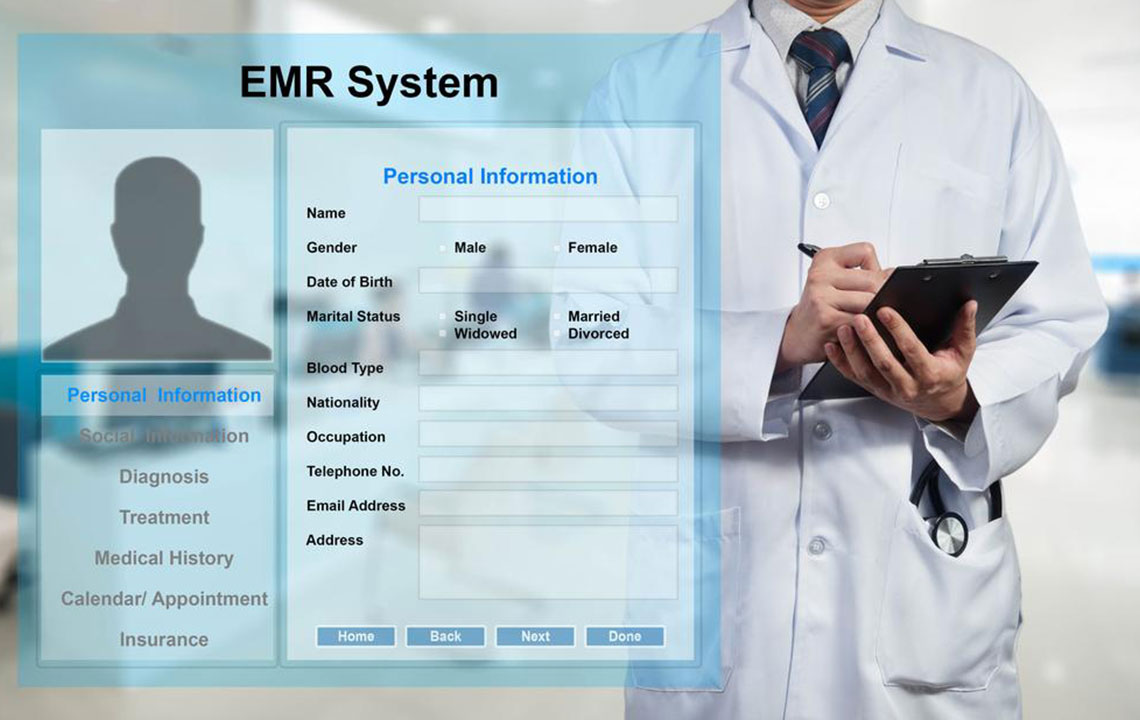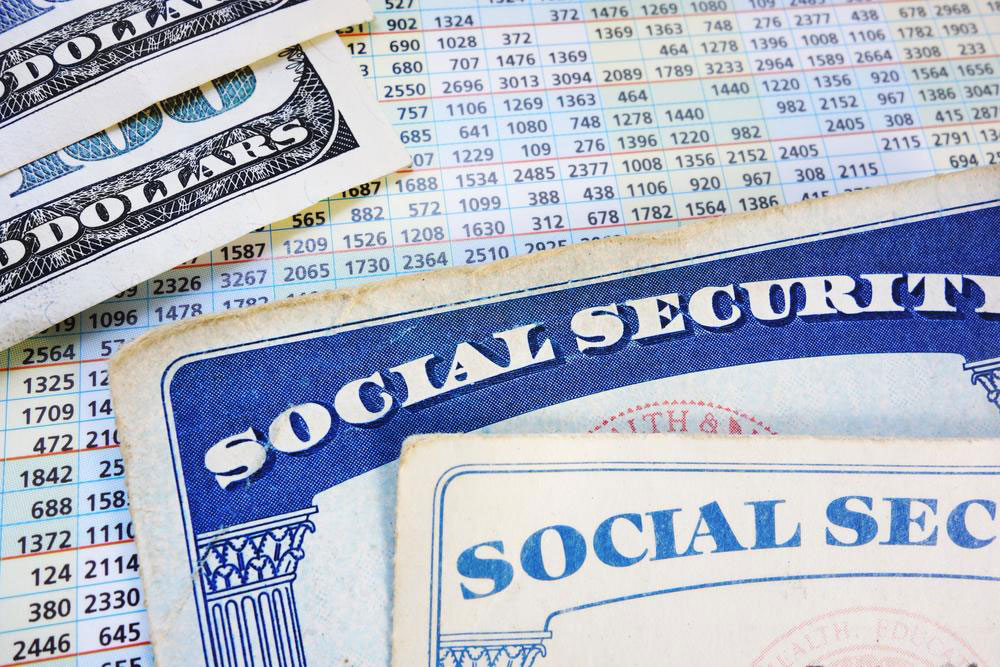Essential Strategies to Prevent Medical Data Theft
Protect your medical data with essential tips for individuals, including secure sharing, avoiding phishing, and safe storage practices. Stay vigilant to prevent identity theft and maintain privacy in the digital age.

Essential Strategies to Prevent Medical Data Theft
How to Protect Your Personal Health Information
As digital health records become more common, the threat of medical identity fraud has surged. Safeguarding your sensitive health data is vital, while ensuring it remains accessible for healthcare and research purposes. While institutions implement security protocols, individuals must also take proactive steps to prevent data breaches.
Share Data Carefully
Limit sharing of personal health details to essential situations. Confidential medical information is at risk for unauthorized access, which can cause long-term harm. Always assess the necessity before sharing any health information.
For better privacy, avoid giving sensitive health data over phone calls. Prefer in-person visits to healthcare providers to reduce security vulnerabilities.
Identify Phishing Attempts
Cybercriminals use phishing emails to steal personal data. Avoid clicking unknown links or attachments. Always verify the sender’s authenticity before proceeding.
Secure Your Records
Store your health data both physically and digitally. Maintaining copies in multiple formats minimizes risk from cyber threats or theft.
Limit Public Wi-Fi Usage
Avoid accessing confidential health information over public Wi-Fi. If necessary, ensure your device has updated security software to protect your data.
Be Careful with Cloud Storage
Use cloud services with strong security features like encryption and multi-layer protection. Refrain from sharing sensitive health details on social media to prevent accidental exposure.
Final Tips
Verify the identity of anyone requesting your health data online. Regularly review your credit reports and health account security to identify potential threats early.


